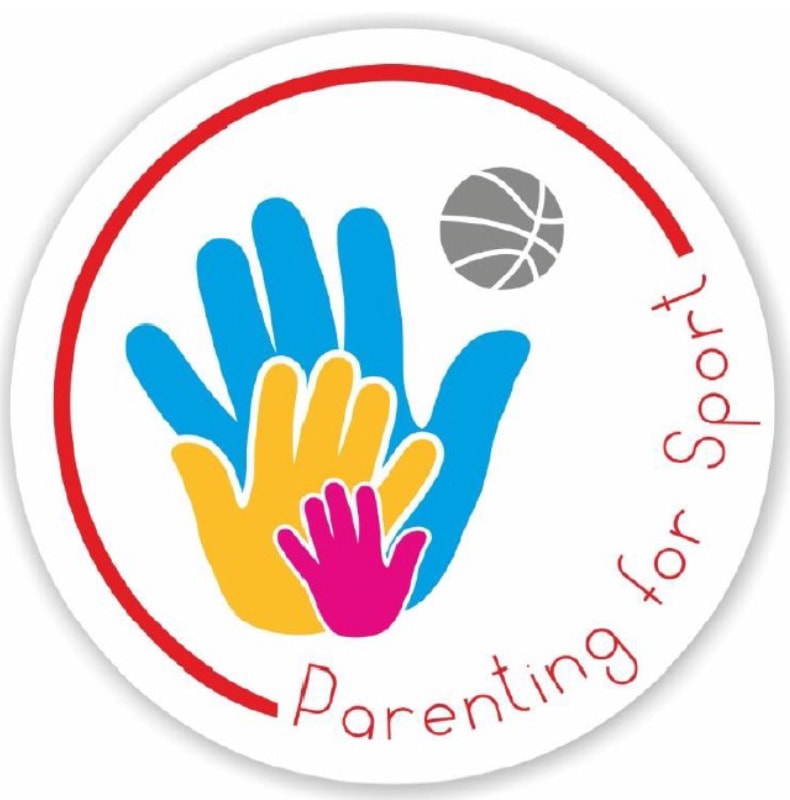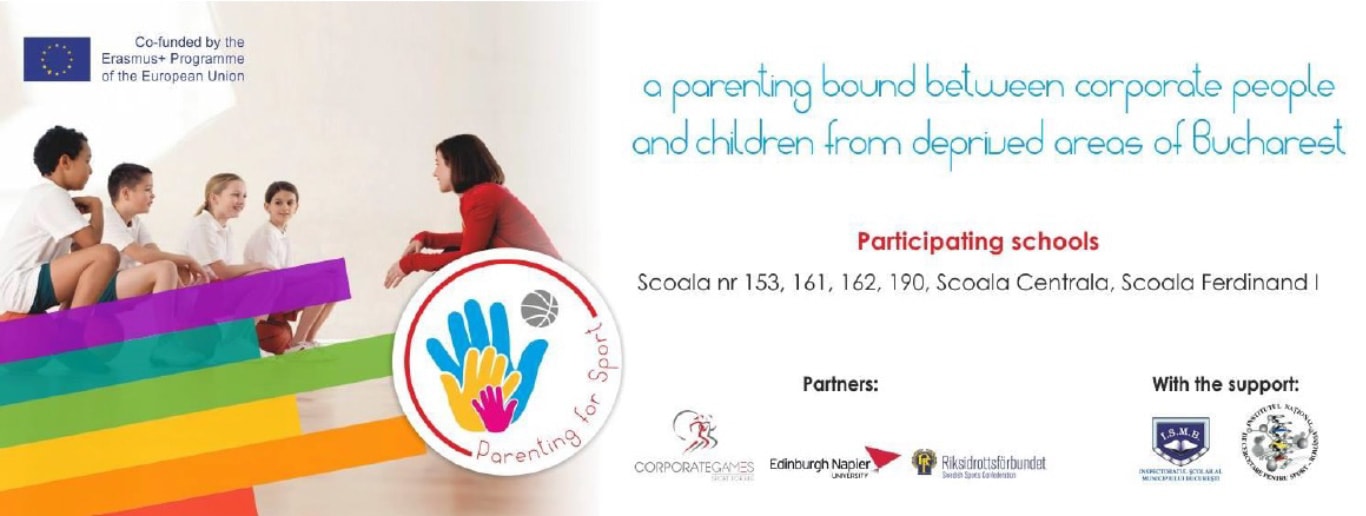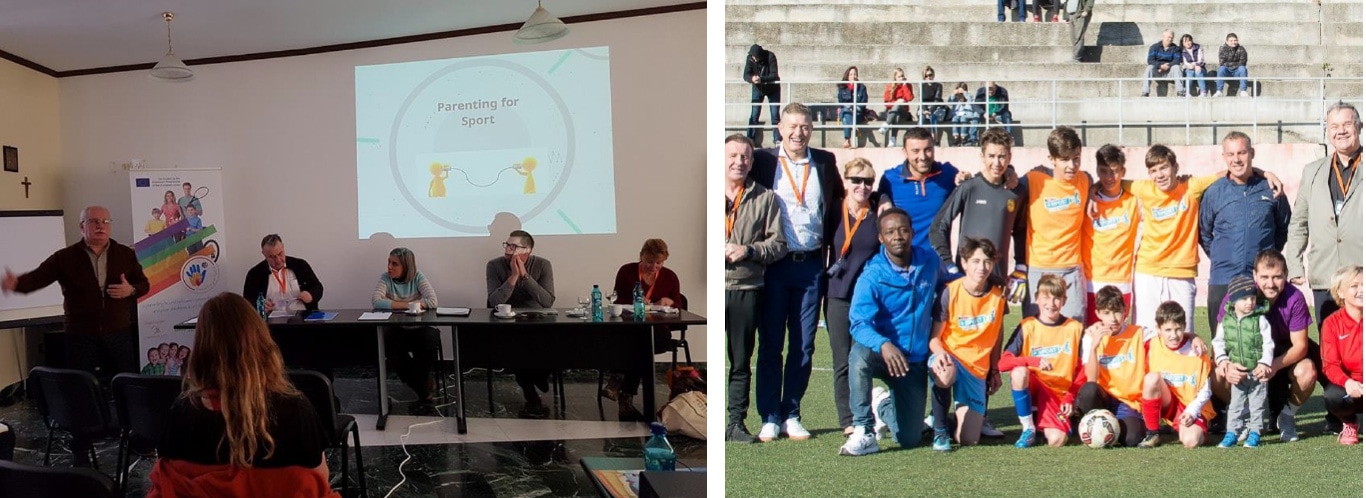V4V Good Practice Case Studies: Asociatia Sportiva Corporate Games (Corporate Games Sport Association): Parenting for Sport (P4S)
Sport / Activity: Recreational sports | Country: Romania

Which of the four pillars does the example cover?
Pillar 1 – Volunteer strategy and planning
Pillar 3 – Volunteer management and retention
Pillar 4 – Volunteer development and training
Focus of volunteer intervention: Volunteer recruitment

Objective(s):
Research has found that sport is a means for overcoming discrimination, can build social connections and can help children to achieve substantial improvements in literacy and numeracy. However, research also highlights that children and young people in Europe are increasingly sedentary and less likely to become volunteers in sport. In total, 7.5% of EU citizens are engaged in voluntary work that supports sport. At the top of the scale, in the UK 13 to 20 per cent of the population participate in formal volunteering in sport, whereas in Romania where this is no culture of volunteering, only 3% of citizens are engaged as volunteers.
The Erasmus funded ‘Parenting for Sport Project’ therefore aimed to promote equity and social inclusion through sports and games initiatives for children with a low social, cultural and economic background, and to encourage corporate employees to support the programme by volunteering.
This would be achieved by:
Developing a training
and competition programme for approximately 1200 children – the School Corporate Games (with support from Romanian and international businesses)
Promoting voluntary
action in sport as a way to encourage social integration
To improve self-esteem
amongst disadvantaged children through their involvement in sport
Activities undertaken:
7 to 10 schools were targeted across the most deprived area and placement centres from District 2, 4 and 5 of Bucharest and the neighbouring county of Ilfov. Children from these schools then took part in the Super-T Programme – a week of intensive training undertaken by coaches and trainers from partners teams (organisations in the UK and Sweden), assisted by Romanian coaches and volunteers.
Volunteers with a background or interest in sport were recruited from businesses, with the employees receiving training before volunteering on the programme. They also attended an International Workshop on ‘why volunteer in sport’ which highlighted the importance of volunteering and the contribution it makes to the running of sport.
The ‘School Games’ competition was delivered – this is a multi-sport competition, which aimed to encourage the children to use their talent and newly learned sports skills.
Challenges faced:
It was challenging to get companies and businesses to agree to support their employees to volunteer on the programme, particularly if the employees were not particularly sport orientated. 85 companies and corporations were targeted, of wich only 14 responded positively, with 30 volunteers eventually being identified for the project from 6 local/international companies. This was perhaps due to the lack of an established volunteering culture in Romania which means that there is limited recognition of the value of volunteering.
Impact:
Impact of the project can be summarised raised awareness on the contribution of sport to social inclusion, as well as of volunteering in sport and social integration. The programme also increased engagement of corporations and their employees in volunteering and programmes of social responsibility.
For further information:

